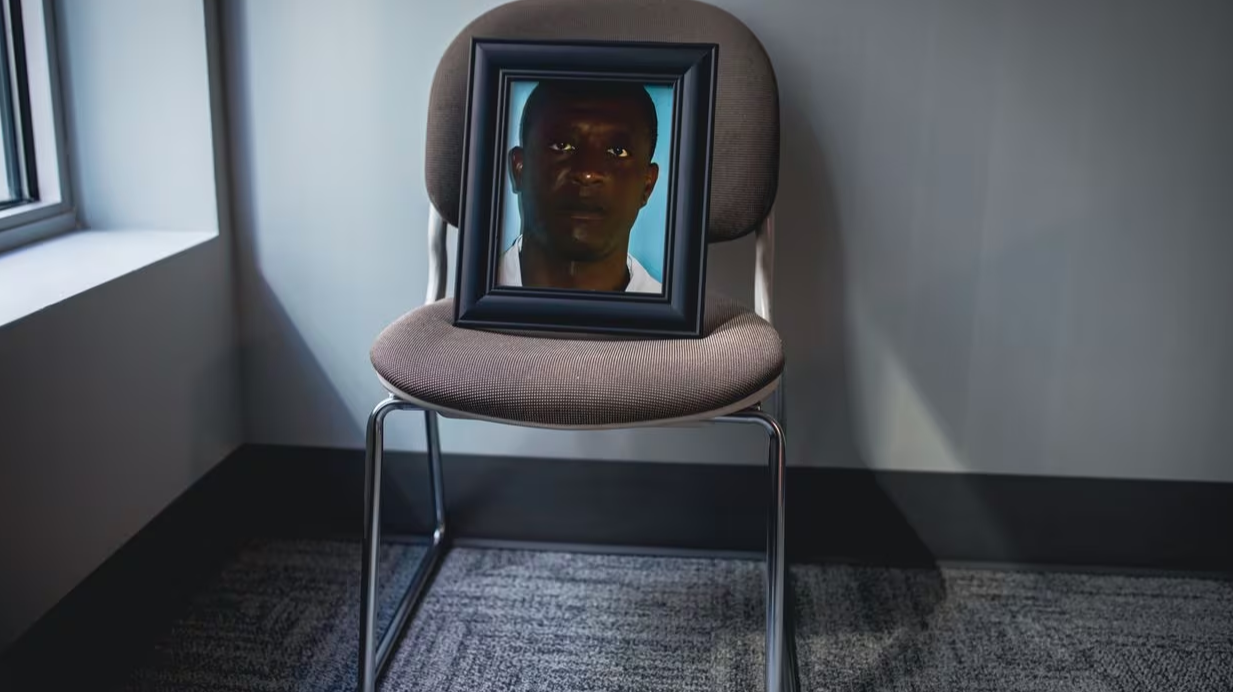Alabama's Broken Parole System - AL.com
State awarded parole in only 8% of cases heard before parole board in 2023

Last year, according to data from the Alabama Board of Paroles and Pardons, there were 3,583 parole hearings. Just 297 of those hearings ended with parole granted. The board even rejected all 10 people over 80 who were up for parole in 2023. All this despite the parole board’s own guidelines suggesting more than 80% of the prisoners should qualify for a second chance.
Yet just five years ago, more than half of those who had a parole hearing were granted release.
The U.S. Department of Justice sued the State of Alabama in 2020, arguing that Alabama prisons were overcrowded and understaffed, leading to so much death and violence and rape that they failed to meet constitutional safeguards against cruel and unusual punishment. They also argued the state wasn’t making it better and that the prisons were only growing more crowded. At the end of last year, according to state corrections reports, there were about 20,000 inmates packed into spaces built for just 12,000.
In 2021, US DOJ updated the suit, saying that the murder rate in Alabama prisons soared past the national average, that the buildings were crumbling, that there weren’t nearly enough guards, that rapes and extortion were rampant and that Alabama appeared uncooperative.
“The United States has determined that constitutional compliance cannot be secured by voluntary means,” wrote the Justice Department.
So how did a troubled state penal system, one short on beds and guards, decide the best way forward was to keep the most people behind bars for as long as possible?
Look no further than Alabama's parole board.
The following is an excerpt from a piece of investigative journalist featured on AL.com titled "He missed a meeting with a parole officer. Alabama sent him back to prison for life." The piece is part of the news organization's running investigation into Alabama's parole system.
*****
Kenny McCroskey didn’t commit a crime. Not the last time he was sent back to prison. But he did miss an appointment. “I feel like I deserve to be punished,” McCroskey said quietly from a prison phone. “But I deserve an opportunity.”
His case represents yet another challenging part of Alabama’s unforgiving parole system: The parole board these days is not only denying nearly everyone who tries to get out of prison, they are also sending people back to prison who were already let out, even when they haven’t committed any new crimes.
After a decade behind bars for the failed (robbery) attempt at Hardee’s, in 2006, he was granted parole. Shortly after being released, he tried to rob another fast food restaurant. This time it was a Jack’s, where court records say he reached over the counter, trying to take the cash register. Again, he didn’t have a weapon. And, again, he didn’t get any money. Once again no one was hurt — except McCroskey himself. He was tackled to the ground by an off-duty deputy and had to have stitches, court records show.
That time McCroskey was sentenced to spend 17 years in prison on a new charge of third-degree robbery. And that’s when, McCroskey said, he finally got his act together. It paid off. Alabama just a few years ago was granting parole to more than half of those who came up for release, and McCroskey got another chance. He was paroled in 2015.
He got a good job, working at Polaris in Madison. He was able to spend time with his family. He was doing so well on parole, McCroskey said, his parole officer explained to him how to apply for a pardon once he paid off his court fines and fees.
In 2019, after years outside prison walls, McCroskey went to a funeral. But the funeral was on the same day he was set to appear at his parole office. Not reporting is a technical violation. He had to go before the state parole board to let them hear the situation and decide how he should be punished. But by 2019, things had changed. Alabama’s board was different. They were no longer granting many paroles and were under new leadership, taking a hard stance on technical violations.
His parole officer recommended a dunk, which would have been 45 days behind bars. Instead, the board sent McCroskey back to Alabama’s overcrowded and understaffed prisons indefinitely.
In October 2023, according to data from the parole bureau, 20 people had their parole revoked for technical offenses.
*****
You can read the full report, "He missed a meeting with a parole officer. Alabama sent him back to prison for life" at AL.com. AL.com, part of the Alabama Media Group, is Alabama’s largest news site, providing up-to-the minute coverage of the news from around the state.










